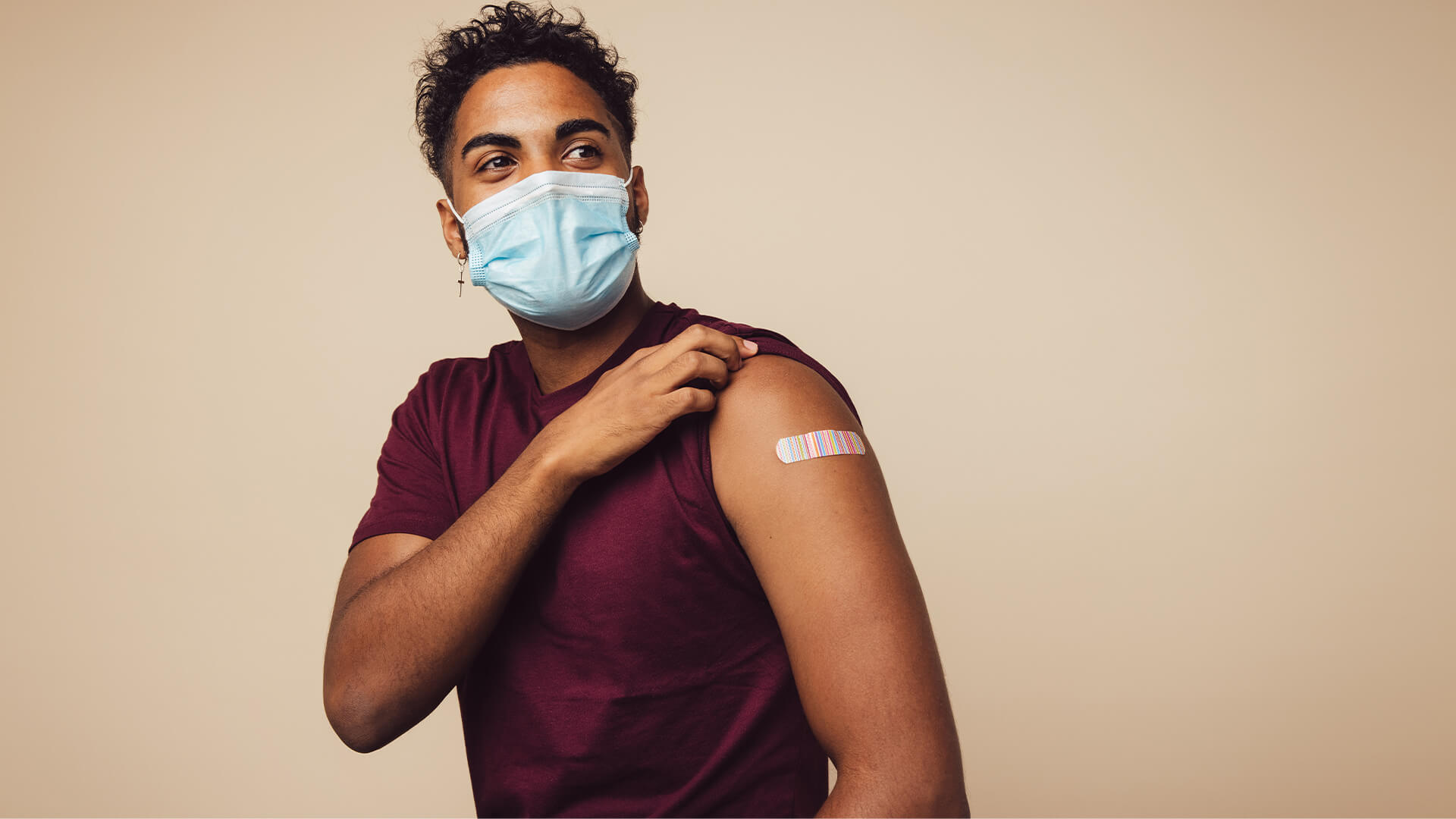
A person’s vaccination status is generally a sensitive topic since it directly affects public health and safety. Contributing to the gravity of the matter are the numerous reports of healthcare workers working themselves down to the bone to alleviate the constant flow of cases, such as in the case of a pandemic. Depending on the situation, institutions outside the medical field will most likely be affected to lower the transmission of viruses and diseases.
This gives rise to the question: Will the disclosure of one’s vaccination status, when asked, violate health privacy? Read on to find out.
HIPAA’s Roles In Data Privacy
The Health Insurance Portability and Accountability Act, or HIPAA, handles any information related to one’s health. To be specific, HIPAA’s primary objective is to safeguard entities as follows:
- Healthcare providers
- Health plans
- Healthcare clearinghouses
HIPAA has a prominent role in securing valuable health records, which is why it has a Privacy Rule in the first place. And according to this rule, third-party entities are also covered. However, HIPAA is stricter in regulating these entities compared to its leniency with the user.
While health information is always protected among various entities, there are certain situations when others may request details beyond what’s allowed by law. If that’s the case, you’re well within your rights to make a case against them in accordance with the HIPAA privacy rule. In line with this, know that being health literate would greatly help you as a healthcare user in preventing this from happening.
Importance of HIPAA Compliance
As technology advances more into the future, it will be easier to solicit information from various individuals and entities electronically. However, digitizing sensitive information, such as health-related data, can be a double-edged sword. Access becomes more effortless, making users more susceptible to invasion of privacy and data theft.
Healthcare providers utilize technology for their users to access their services easily. But this convenience can get taken advantage of by cyber attackers as well. That’s why, as mentioned earlier, third-party entities are under tighter surveillance compared to the person covered by HIPAA. Moreover, because of that potential risk, HIPAA compliance becomes more crucial.
Since HIPAA is considered a point of reference in handling and protecting vital health records, it sets the same expectations for companies who regulate this information. And because every record is being stored digitally, HIPAA compliance ensures their current security measures are kept up to date to withstand any attacks. Aside from the HIPAA Privacy Rule, the Security Rule also exists to protect users from the said potential threats.
Rules On the Disclosure of Vaccination Status
Now that you know the coverage and extent of HIPAA in ensuring data security, the question remains: will your health privacy be violated if someone asks about your vaccination status? The answer depends entirely on the circumstances of its disclosure. Therefore, some regulations are set to ensure your health privacy is protected.
The following are some of the essential things one needs to know about HIPAA in determining whether certain rights are being violated:
1. HIPAA Only Applies to Covered Entities and Their Associates
As mentioned earlier, HIPAA only enforces the Privacy Rule on covered entities, ergo protecting health privacy since these entities are under HIPAA compliance. Thus, you’re not prohibited from sharing details about your vaccination status.
As for these covered entities, although they’re supposed to be held back by HIPAA compliance, remember that the kind of information they disclose is regulated, not prohibited. Therefore, whenever your employer or other entities require your vaccination status, they’re not breaching your health privacy.
2. HIPAA Only Acts As Moderator
HIPAA rarely restricts entities and users when it comes to vaccination status. This is because the former only acts as a moderator. As long as the covered entities carefully consider how and when they disclose the information above, they are not violating protocols as outlined in the HIPAA.
3. Federal and State Laws Are Still Above HIPAA
Despite HIPAA’s provisions on health privacy, some laws can still overrule it. However, this is not to say that the HIPAA privacy rule can be rendered futile. An example of a pertinent statute is when employers are prohibited from using the employee’s vaccination status as a reason to alter their work status.
Is Your Health Privacy Being Violated?
The short answer is no. The privacy rule only covers particular entities, and they are not restricted nor prohibited from soliciting a person’s vaccination status—only moderated. Thus, your health privacy isn’t violated as far as disclosing vaccination status is concerned.
















